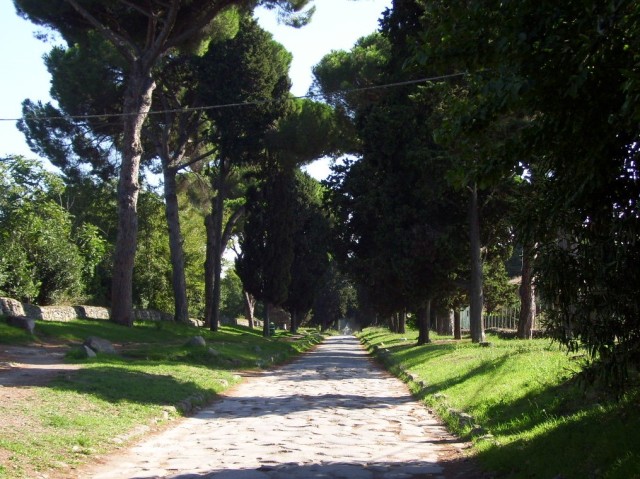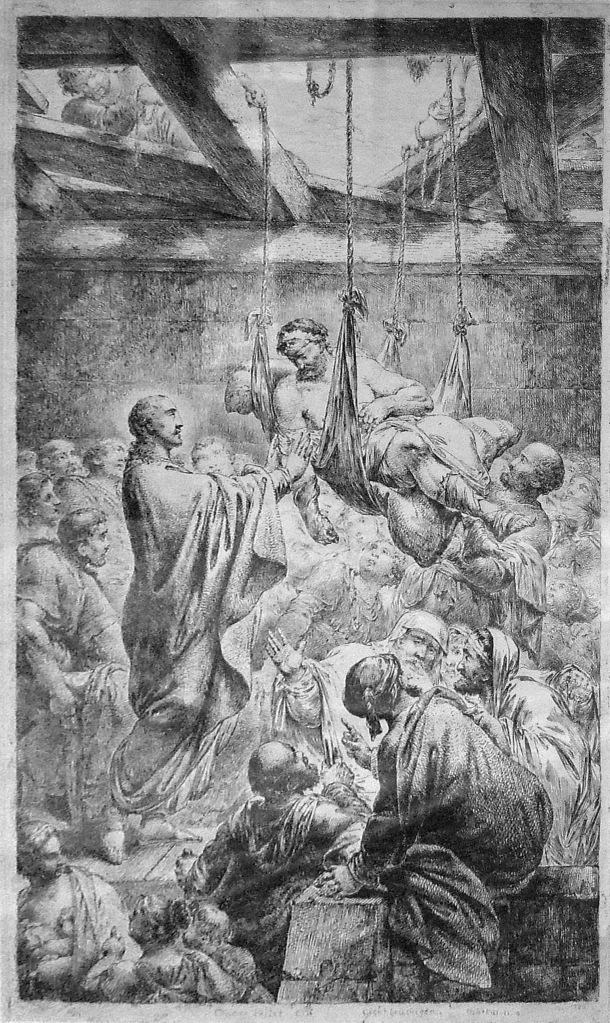Dear reader,
Long time, no post – sorry about that! But today I feel very moved to put pen to paper (or, rather, fingers to keyboard!) and to share some thoughts with you.
Today my Durham University students are graduating. Now, it’s no secret: I have loved all of my students, every single one of them, through the years. But this is the first group of students I’ve seen complete an entire segment of their education, in this case their undergraduate course. There’s something really special, I think, about watching your students go through a whole stage of their (academic) lives from start to finish. And it’s precious, ‘packed with value’, to get to know their personalities over this years-long period; to be at their side in their classes, growing in learning right alongside them; to ponder with wonder how, before your very eyes, they are coming into their own as scholars and as human persons. How extraordinary the richness of three years spent in the company of the same set of students – and, what’s more, bright, committed, sincere students! Each one is an unmerited but revered grace.
And bright, committed, sincere students they have truly been! How fortunate am I to have tracked the vestiges of the subject I most love, Classics (i.e. all the textures of the ancient Greek and Roman cosmos), with such students, such ‘eager ones’, who, like me, have desired to see the world as it once was, to know these ancient scenes and stories and souls – no matter the fragmented, mediated, enigmatic state in which they have come down to us – for ourselves.
Yes, there are many disciplines (academic and otherwise!) which rightly capture our attention and amazement, but I find something overwhelmingly electrifying and awe-inducing about tapping into the existence and experience of human beings who have come before us. And the Greeks and the Romans seem to me to be just at the point in history, from our perspective along the trajectory, to be both known and unknown, familiar and foreign. To take a step into their reality, and in doing so to discern traces of my own, sends shivers down my spine. To make this time-transcending pilgrimage with others, especially those in my care, especially those who also care, is sublime.
My favorite paean to the study of Classics is in a fiction book called The Secret History by Donna Tartt. Please let me share with you this passage (pgs. 223-224):
“The assignment was a two-page essay, in Greek, on any epigram of Callimachus that we chose. I’d done only a page and I started to hurry through the rest in impatient and slightly dishonest fashion, writing out the English and translating word by word. It was something Julian asked us not to do. The value of Greek prose composition, he said, was not that it gave one any particular facility in the language that could not be gained as easily by other methods but that if done properly, off the top of one’s head, it taught one to think in Greek. One’s thought patterns become different, he said, when forced into the confines of a rigid and unfamiliar tongue. Certain common ideas become inexpressible; other, previously undreamt-of ones spring to life, finding miraculous new articulation. By necessity, I suppose, it is difficult for me to explain in English exactly what I mean. I can only say that an incendium is in its nature entirely different from the feu with which a Frenchman lights his cigarette, and both are very different from the stark, inhuman pur that the Greeks knew, the pur that roared from the towers of Ilion or leapt and screamed on that desolate, windy beach, from the funeral pyre of Patroklos….In a certain sense, this was why I felt so close to the others in the Greek class. They, too, knew this beautiful and harrowing landscape, centuries dead; they’d had the same experience of looking up from their books with fifth-century eyes and finding the world disconcertingly sluggish and alien, as if it were not their home.”
Perhaps this is why I feel so close to, so grateful for, my Durham undergrads, because for three years we, together, looked up from our books with fifth-century eyes.
Perhaps it’s because they, too, find this beautiful and harrowing landscape, centuries dead, somehow precious, ‘packed with value’.
And perhaps it’s because they are very lovable: their good character and friendly heart and earnest intellect have been the mainstay of my happiness in England.
To my Durham undergrads, may all felicity be yours at this milestone! And every good wish for your odyssey ahead. Multum vos amo. To all my students, past and present, I do not forget you and I love you in aeternum. To my future students, I can’t wait to be studious – ‘overflowing with eagerness’ – with you! And, though we haven’t yet met, I love you too.
Now that my son is beginning to learn Greek, I have been accompanying him in his studies for a second time, as though I were the same age. For the obligation to ensure that our children find pleasure in literature as well as labour, bids us to become children again.
[Symmachus, Letters 4.20; translation from Gardner and Wiedemann 1991]

Via Appia: the Roman road which connects the Italian capital to the eastern port city of Brundisium. Many a wayfarer hath trod these venerable stones since days immemorial; so, Deo gratias, have I.


